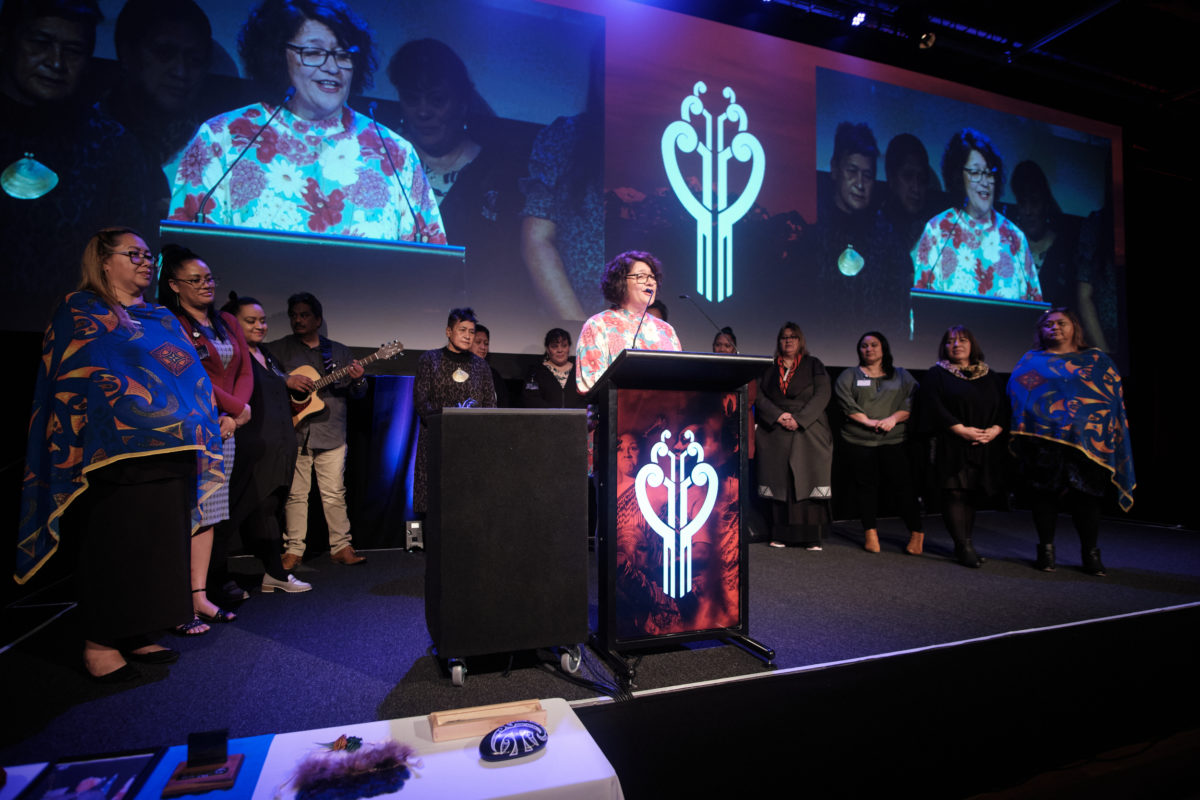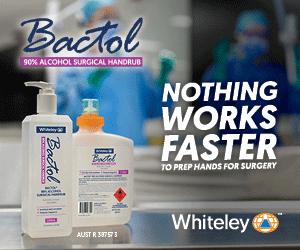Submitting in January to the select committee charged with examining reform legislation, kaiwhakahaere Kerri Nuku said there had been hopes for power-sharing with Māori in the Pae Ora bill.
“But the power is not released, the power still sits with the Crown. That’s not tino rangatiratanga.”
There were currently differences in pay for Māori and iwi-provider, and other nurses, she said.
“Same qualifications, same skill-set, but significantly under-recognised and underpaid. This [the bill] was an opportunity for transformation and sharing of power.”
For a long time, Māori nurses were often forced to work two jobs to make ends meet, Nuku said.
There needed to be acknowledgement that a universal multi-employer contract agreement (MECA) was needed, she said.
This would benefit all nurses in the health-care workforce and not just those working in district health boards (DHBs).

“[But also] those that work in aged care, those that work in Plunket, those that work in prisons and private care sector, and Māori and iwi-provider.”
There needed to be guaranteed access to resources and equal pay across all health sectors outside of DHBs.
“Nurses have stood up during this pandemic. It is wrong for a system to allow two nurses, or three nurses, to stand side by side to monitor or to vaccinate, and yet they are paid differently within this current structure.”
Meanwhile, Nuku said it was “very concerning” that nurses were left out of the redesign of the new health system.
Changes would include the abolition of the 20 DHBs, which would be replaced by a single entity, Health NZ.
They would see the creation of a Māori Health Authority, with funding to pay for its own services.
“Nurses are not at the forefront of the Health NZ and the Māori Health Authority, and the transitional group led out by the Department of the Prime Minister and Cabinet [DPMC].”
The reform had the potential to be great, she said, but changes needed to be “bold”.
NZNO’s acting nursing and professional services manager Kate Weston said decades of dis-investment in health left the nursing workforce “burnt out and stressed”.
‘Nurses have stood up during this pandemic. It is wrong for a system to allow two nurses, or three nurses, to stand side by side to monitor or to vaccinate, and yet they are paid differently within this current structure.’
She said there were inequities throughout the health system, which had the greatest impact on Māori and rural communities.
“Aotearoa operates on a postcode health-care system which has the greatest impact . . . rurally, for access to even the most basic services.”
Funding gave preference to medical models of health-care delivery, Weston said. “Funding provided for nurse-led initiatives and for autonomous roles such as nurse practitioners and RN prescribing have often been limited and when funding has been provided it has been short term and then been withdrawn.”
Nurses and kaimahi hauora were well-placed in communities to help people avoid hospital, she said. This was particularly the case with long-term conditions such as cardiac illness, diabetes and obesity — “again, which disproportionately affect Māori, and perpetuate inequity.”
It was unclear how this type of approach could be achieved in the bill, Weston said.
Increased funding, and changes to how services were funded were necessary, along with a long-term cross-party accord.
Weston backed the call for equal pay rates across nursing sectors.
“DHB pay rates are much higher. In order to be able to provide a successful and sustainable workforce, we need to urgently address equity and acknowledgement of pay and conditions for nurses working across all sectors in health care – not only in DHBs.”





